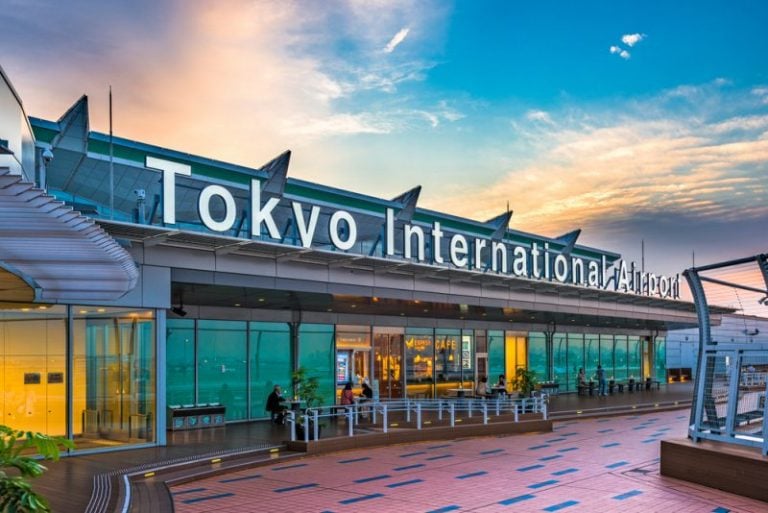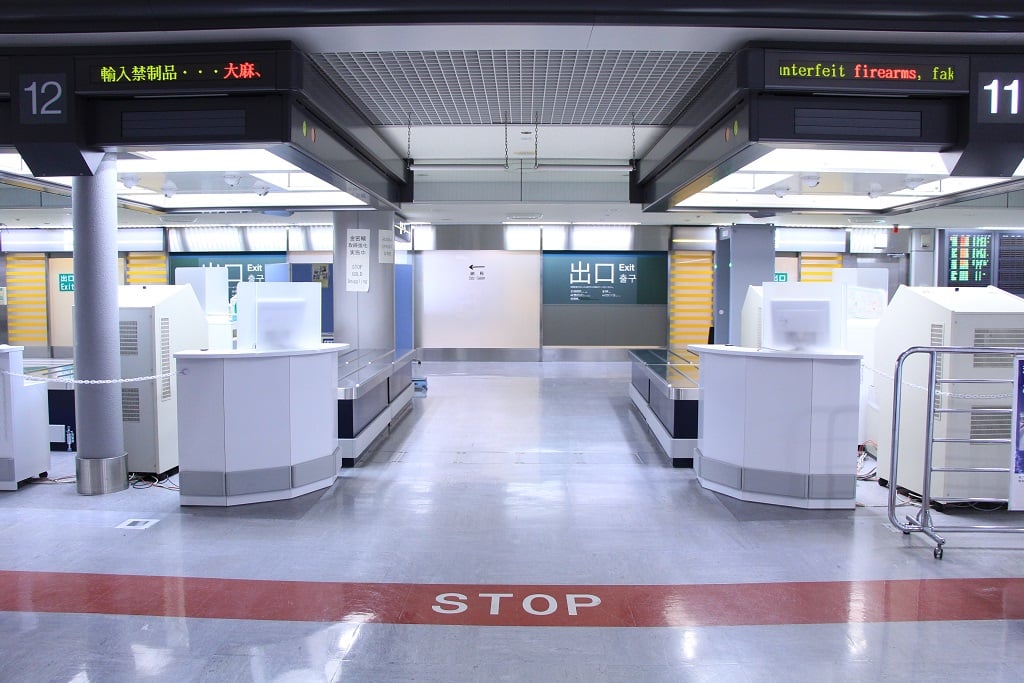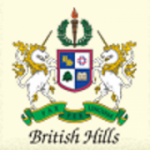
No matter where you live in Japan, it is worthwhile learning some airport Japanese. Sure, the big airports like Narita/Haneda (Tokyo) and Kansai International (Osaka) are so frequently used by foreigners that they have signs to help visitors navigate, this isn’t always the case.
Many of the smaller airports can be full of complicated Japanese and staff that barely speak English. Even at the relatively international Kansai Airport I’ve encountered staff that didn’t speak English. Therefore, it’s always useful to have some of the common Japanese phrases handy.
Immigration Japanese
One of the challenges for visitors is immigration. When you land in Japan, you will likely be given the 入国 (nyuukoku kaado, disembarkation card) on the plane. This is for the 入国審査 (nyuukoku shinsa, passport control).
When I first visited Japan, I was surprised to discover that as well as using the English-origin loanword ビザ (pronounced ‘biza’) when asking to see your visa, Japanese people also sometimes use the Japanese-origin word 査証 (sashou, which also means visa). I got asked for my 査証 on my first trip and, even though I was pretty confident in my Japanese, I had to admit that I didn’t understand what they were asking me for.
At immigration expect the usual questions that visitors get asked at the airports all around the world. Some common ones include:
- どちらからいらっしゃいましたか? (dochirakara irasshai mashitaka?, Where are you flying in from?) (Literally: Where did you come from?). To reply you will say the name of your country and ~から来ました (~ kara kimashita).
- 滞在期間はどの位ですか?(taizai kikan wa dono kurai desuka?, How long are you going to stay here?) To reply you will say the number of days plus ~日間です(~kan desu, for ~ days).
- 旅の目的は何ですか?(tabi no mokuteki ha nan desuka?, What’s the purpose of your trip?) Depending on your purpose, you might reply: tour (ツアー, prounced tsuaa in Japanese), sightseeing (観光, kankou), or work (仕事, shigoto; although the English loanword ビジネス, pronounced bijinesu in Japanese is becoming more common).
- 滞在先はどこですか? (taizaisaki ha doko desu ka?, Where are you staying?

Getting through customs
Finally, you have the vocabulary for landing. One useful word is customs (税関, zeikan). At customs, visitors will be divided towards one of two areas. The first is 課税 (kazei, which means that tax has to be paid) and the other is 免税 (menzei, which means tax exempt). If you aren’t pointed towards one or the other, be careful to wait in the right line! The word 免税 can also be a useful word to look for in towns as shops marked with 免税店 (menzeiten) are stores where you can pick up some tax-free goodies.
At airport customs, you will need a 税関申告書 (zeikan shinkokusho), the form for if you have anything to declare from the sizable list of customs regulations (Check out www.customs.go.jp/english/summary/passenger.htm for a full list).
You will also need to learn the tricky verb ‘to declare ~’ (申告, shinkoku), which is often found in the typical customs question 申告するものはありますか? (shinkoku suru mono wa arimasu ka?, Do you have anything to declare?). Assuming that you have nothing to declare, you can simply reply いいえ、何もありません (iie, nanimo arimasen; No, nothing to declare).
For learners, the airport can be a great learning experience. After all a lot of the Chinese characters at the airport are intermediate characters that often come up in the exams. Even if you don’t want to go that far, it is still useful to check a record of these words.
For those taking their exams, this is a good time to review. What should you hand over in the following situations?
| Kanji | Romaji | English | Action |
|---|---|---|---|
| 税関申告書は御持ちですか。 | Zeikan shinkokusho ha omochi desu ka? | Do you have a (税関申告書)? | Hand over a _ |
| 滞在先はどちらですか。 | Taizaisaki wa dochira desuka? | Which (滞在先) are you at? | You should tell them _ |
| 旅の目的は何ですか。 | Tabi no mokuteki ha nan desuka? | What is your (旅の目的)? | Tell them _ |
| 滞在期間はどの位ですか? | Taizai kikan wa dono kurai desu ka? | How long are you going to stay? | I would say _ |
| どちらからいらっしゃいましたか? | Dochirakara irasshai mashitaka? | Where did you come from? | I would reply _ |













